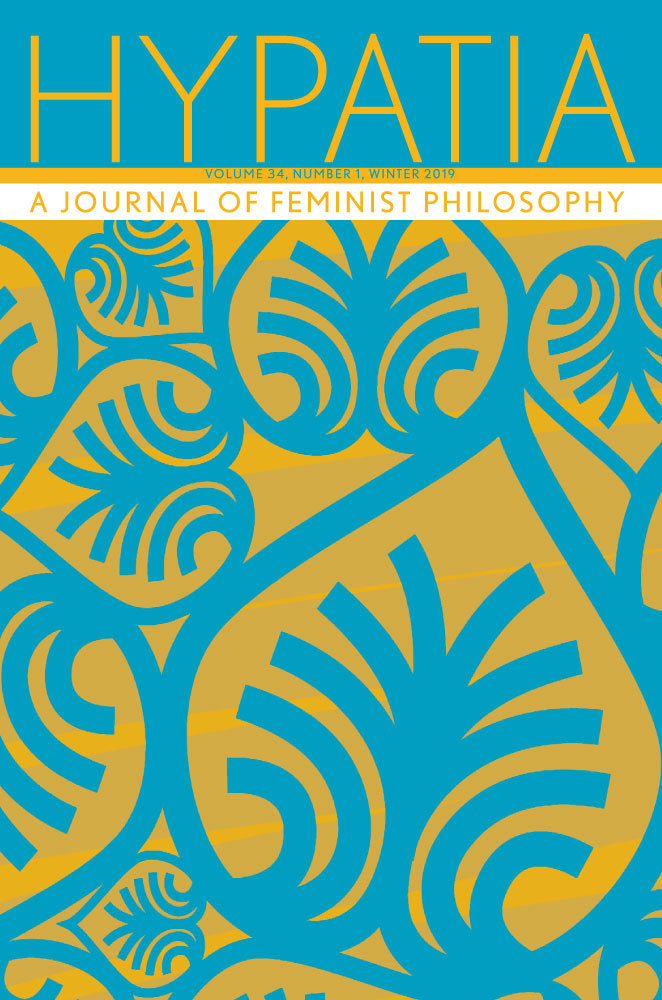Thought as Revolt in The Old Man and the Wolves
Abstract
This article explores how Julia Kristeva's construction of a fictional narrative space enables her to examine the conditions that can produce a culture of revolt. Focusing on one of her novels, The Old Man and the Wolves, the article brings together Hannah Arendt's political philosophy (which provides a framework for Kristeva's depiction of totalitarianism) with Duns Scotus's principle of individuation and Giorgio Agamben's notion of quodlibet (“whatever singularity”) to argue that the future of a culture of revolt is closely connected to the role of women. By aligning feminine thought to political revolt, I demonstrate that Kristeva's revalorization of feminine experiences in the novel constitutes the basis of an ethics that includes the recognition of “whatever” forms of life that have been historically neglected.




